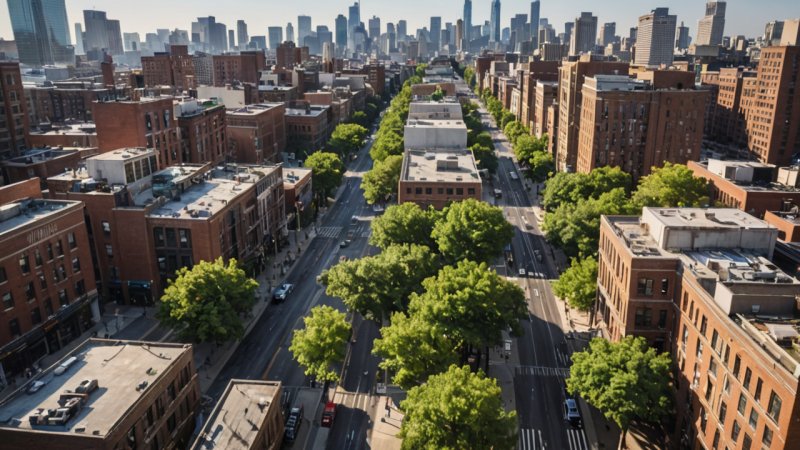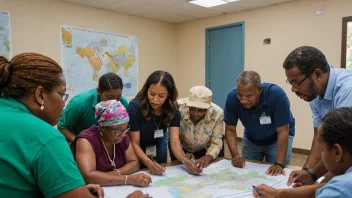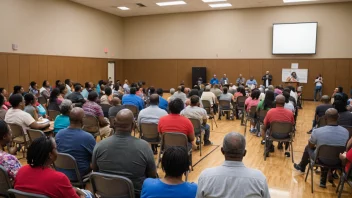What is urbanization?
Urbanization refers to the increasing population shift from rural to urban areas. It involves the growth of cities and towns as people seek better opportunities, jobs, and services. This phenomenon has significant implications for humanitarian aid and social justice.
How does urbanization affect poverty levels?
Urbanization can lead to both increased economic opportunities and heightened poverty levels. While cities often offer jobs and services, they can also exacerbate inequalities, leaving some populations in slums or informal settlements with limited access to resources.
What are the health challenges associated with urbanization?
The rapid growth of urban areas can strain healthcare systems, leading to overcrowded facilities and inadequate services. Urban populations may face challenges such as pollution, poor sanitation, and increased spread of diseases, particularly in marginalized communities.
How does urbanization impact education?
Urban areas often have more educational institutions, but the quality of education can vary significantly. Disparities in access to quality education can arise, particularly affecting low-income families who may not be able to afford private schooling or transportation to better schools.
What role does urbanization play in disaster relief?
Urban areas are often more vulnerable to disasters due to their high population density and infrastructure challenges. Effective disaster relief in urban settings requires tailored strategies that address the unique needs of densely populated communities.
How can individuals get involved in addressing urbanization challenges?
Individuals can contribute by volunteering with local organizations that focus on urban issues, advocating for policies that promote social justice, and participating in community service initiatives aimed at improving living conditions in urban areas.
What are some successful initiatives addressing urbanization challenges?
Several initiatives have been launched globally to address the challenges posed by urbanization. These include:
- Community Land Trusts: These provide affordable housing options while preventing displacement.
- Urban Farming Projects: These initiatives promote food security and community engagement.
- Public Health Campaigns: Aimed at raising awareness about health risks in urban environments.
How does urbanization impact environmental sustainability?
Urbanization can lead to environmental degradation, including deforestation, air pollution, and waste management issues. Sustainable urban planning is essential to mitigate these impacts and promote greener cities.
What are the social justice implications of urbanization?
Urbanization often highlights social justice issues, such as housing inequality, access to essential services, and discrimination. Efforts to address these challenges must focus on inclusivity and equity for all urban residents.
What can governments do to manage urbanization effectively?
Governments can implement policies that promote sustainable urban development, invest in infrastructure, and ensure equitable access to services for all residents. Engaging with communities in the decision-making process is also crucial.
How can urbanization be addressed in a global context?
Addressing urbanization requires collaboration across borders. International organizations can share best practices, provide technical assistance, and support local initiatives aimed at creating resilient urban environments.
In conclusion, urbanization presents both challenges and opportunities for humanitarian aid and social justice. By understanding its implications, individuals and communities can work together to create more equitable and sustainable urban environments.






